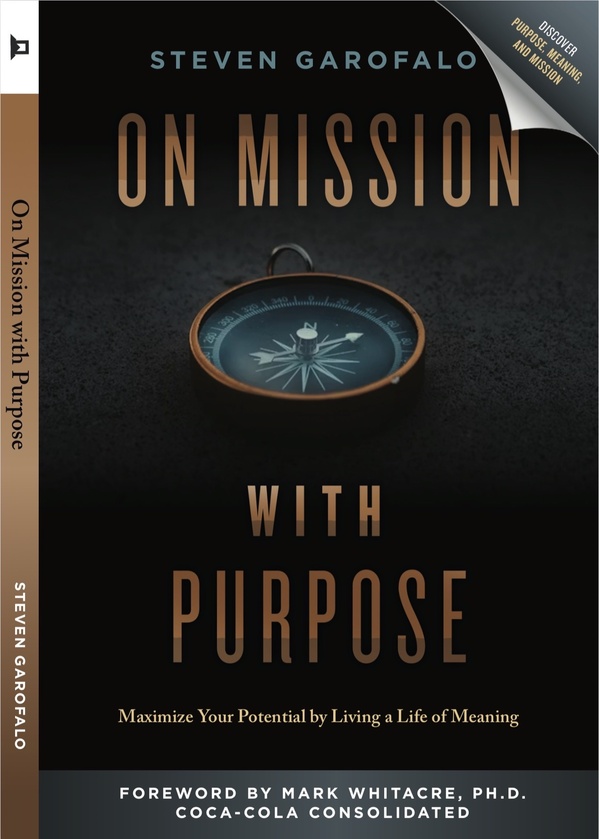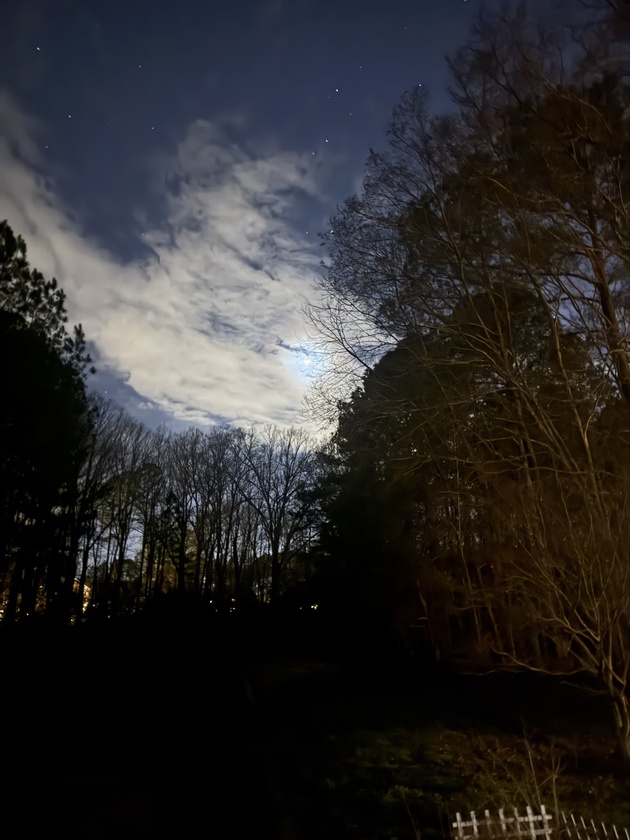PART 2 “AVOIDING A SELF-RIGHTEOUS LIFE IN HIDING”
“IF YOU WANT TO HIDE A TREE, PLANT IT IN A FOREST” (PT3)
(SEE DISCUSSION QUESTIONS AT THE END)
In our last episode I shared with you the ancient Jewish Saying that: “If you want to hide a tree, plant it in a forest”. The point is that as Christians, we can choose run and hide in apathy, or we can live our our Christian faith in ACTION.
Today, in PART TWO of a FOUR PART series. Today, I want to look to God’s Word as to the fact that God allows both good times and bad. When bad times come, we tend to go into hiding, failing to executive the Great Commission. And in the process, we risk becoming SELF-RIGHTEOUS in our Christian faith. Solomon makes clear that to do so is to “perish in our righteousness”. Remember, we can run, but we cannot hide. And, “If you want to hide a tree, plant it in the forest”.
God makes or allows for both good times and bad. In the wealthy West, certainly in the United States, we are not accustomed to too many bad times. God tells us through Solomon that we are to be joyful in the good times and soberly accepting of what is teaching us in the bad times. After all, God made the one as well as the other.
Our truth text for this two part series is Ecclesiastes 7:14-16 which says: “In the day of prosperity be joyful, and in the day of adversity consider: God has made the one as well as the other, so that man may not find out anything that will be after him. In my vain life I have seen everything. There is a righteous man who perishes in his righteousness, and there is a wicked man who prolongs his life in his evildoing. Be not overly righteous, and do not make yourself too wise. Why should you destroy yourself?” (Ecclesiastes 7:14-16)
WHAT IS PAUL SAYING?
FIRST: Verse 14 says, “In the day of prosperity be joyful, and in the day of adversity consider: God has made the one as well as the other, so that man may not find out anything that will be after him. In other words, we had many decades of joyful, prosperity and free-living. And many of us have taken that for granted.
SECOND: Solomon says in verse 15, “In my vain life I have seen everything. There is a righteous man who perishes in his righteousness, and there is a wicked man who prolongs his life in his evildoing.” What does it mean to perish in our righteousness? Being too righteouss leads to self-righteouness, which leads to a failure to interact with non-saved people in the world in fear of getting dirty. Yes, interacting with the world is uncomfortable. But its discomfort that helps us from becoming too righteous in the first place and sharpens our faith.
THIRD AND LASTLY: Solomon says in verse 16: “Be not overly righteous, and do not make yourself too wise. Why should you destroy yourself?” (Ecclesiastes 7:14-16). Let’s remember that Solomon was the most rich, powerful man in the world. He makes clear that we should avoid being “overly righteous” and not make ourselves out to be “too wise”. Let’s remember where we came from. We were once lost before Jesus found us and we ought to be eternally thankful to Him for doing so. In Luke 17:11-19, Jesus heals the “Ten Lepers” and only one came back to give thanks. Let’s be like the one grateful leper and not like the other nine.
IN APPLICATION:
God creates both the good and challenging times, and we need to accept both; not just one or the other. Why do you think God allows for or brings difficult times in our lives and upon nations? The answer is that sinful man is guaranteed to get off track with God. And when we get off-track, in His love for us and in His Justice, God brings us back to Him. The choice is yours and mine as to how we receive the words of God through Solomon. We can accept them or reject them and prolong the return of better times. The choice is ours.
I think that we can all agree that we are currently in in a state of declie and what most would consider “BAD TIMES”. Simply put, our depraved world has gone nuts. As a result, Christians just want to be left alone to live a peaceful life. We often want to live as a tree planted in a secluded place but not in the forrest. Perhaps God thinks otherwise. Perhaps our self-righteousness has led to God's correction. Solomon warns that: “There is a righteous man who perishes in his righteousness, and there is a wicked man who prolongs his life in his evildoing. Be not overly righteous, and do not make yourself too wise. Why should you destroy yourself?” (Ecclesiastes 7:14-16)
IN CONCLUSION: When bad times come, we tend to go into hiding, failing to executive the Great Commission. And in the process, we risk becoming SELF-RIGHTEOUS. Solomon makes clear that to do so is to “perish in our righteousness”. Remember, we can run, but we cannot hide. And, “If you want to hide a tree, plant it in the forest”. In the end, we want to live out our Christian faith as best we can while interacting with the world. How else can we be salt and light to the world?
DISCUSSION QUESTIONS:
1) How does failing to interact with secular people make us more self-righteous?
2) Why does God allow for times of trials and downgrading?
3) How does today's lesson apply to your life and to your country?













